The Future of Digital Marketing: What to Expect Beyond 2025
As we move deeper into the digital age, businesses are constantly evolving the way they interact with consumers. From AI-powered chatbots to hyper-personalized experiences, digital marketing is undergoing a major transformation — and it’s only just begun. Beyond 2025, the landscape will shift even further. For Indian businesses and global brands alike, staying ahead of the curve will be essential for survival and success.
1. AI Will Dominate Every Aspect of Marketing
Artificial Intelligence (AI) has already taken a stronghold in digital marketing. From automated email campaigns to predictive analytics, AI enhances decision-making and boosts ROI. Post-2025, AI is expected to become even more sophisticated.

What to Expect:
Advanced AI-generated content that feels fully human.
Predictive personalization, where AI tailors messages based on past behavior and preferences.
AI-powered customer support through voice and text.
Smarter ad targeting algorithms that reduce ad spend wastage.
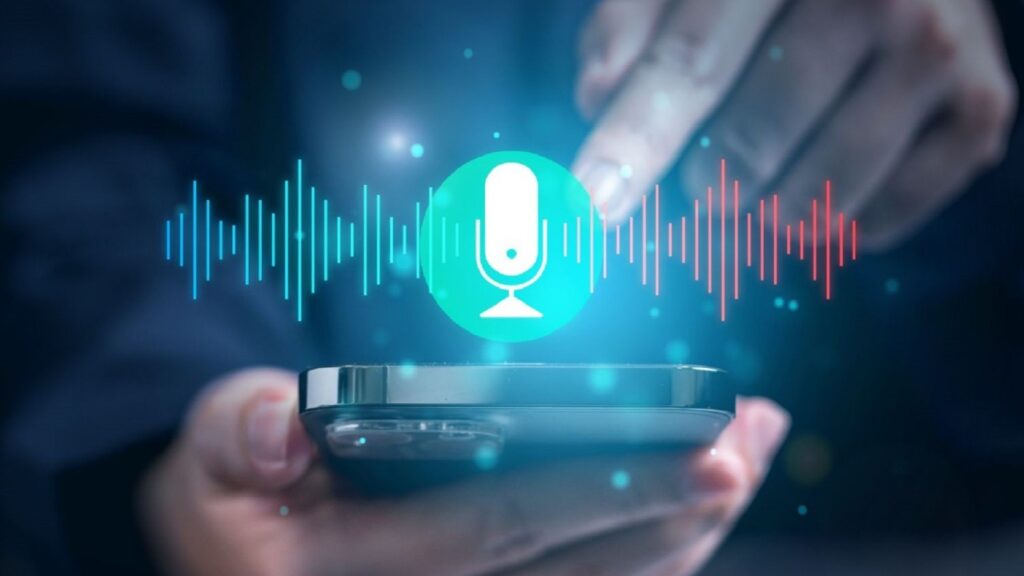
2. Voice and Visual Search Will Surpass Text-Based Search
The increasing use of smart speakers (like Alexa, Siri, and Google Assistant) is making voice search a preferred option for users. Additionally, platforms like Pinterest and Google Lens are popularizing visual search — where users upload an image to find products or information.
Predictions:
Voice search will account for 50%+ of all online searches.
Websites will need to be optimized for natural language queries.
Visual search will become key for eCommerce and fashion industries.
3. Hyper-Personalization Will Be Non-Negotiable
Customers are growing weary of generic ads and emails. The future demands hyper-personalized content — not just based on name or location, but on behavior, purchase history, and preferences in real time.
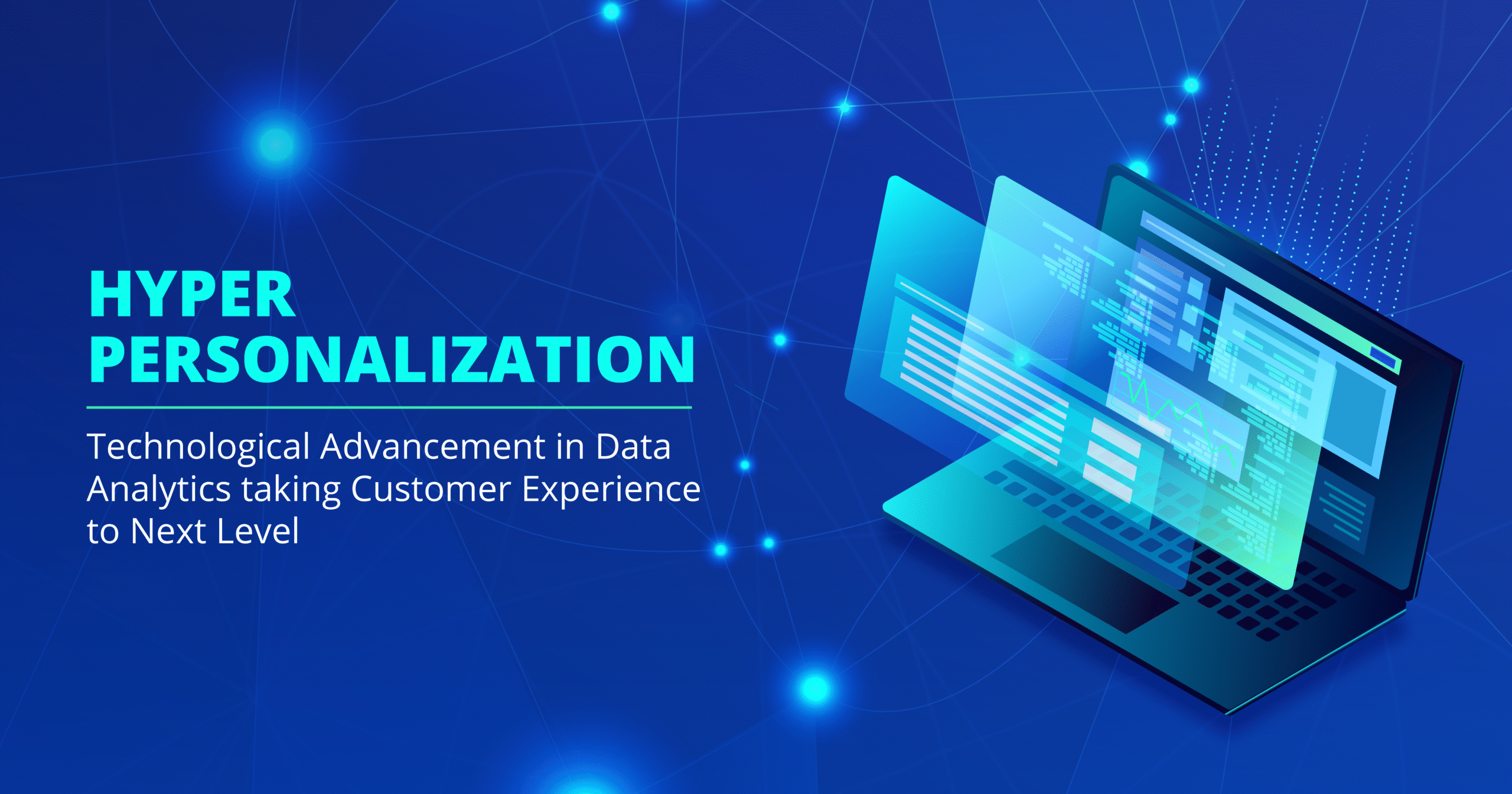
Trends to Watch:
Personalized homepages, emails, and ads based on user behavior.
Dynamic content that adapts as users scroll or interact.
Use of first-party data (rather than third-party cookies) to power personalization.
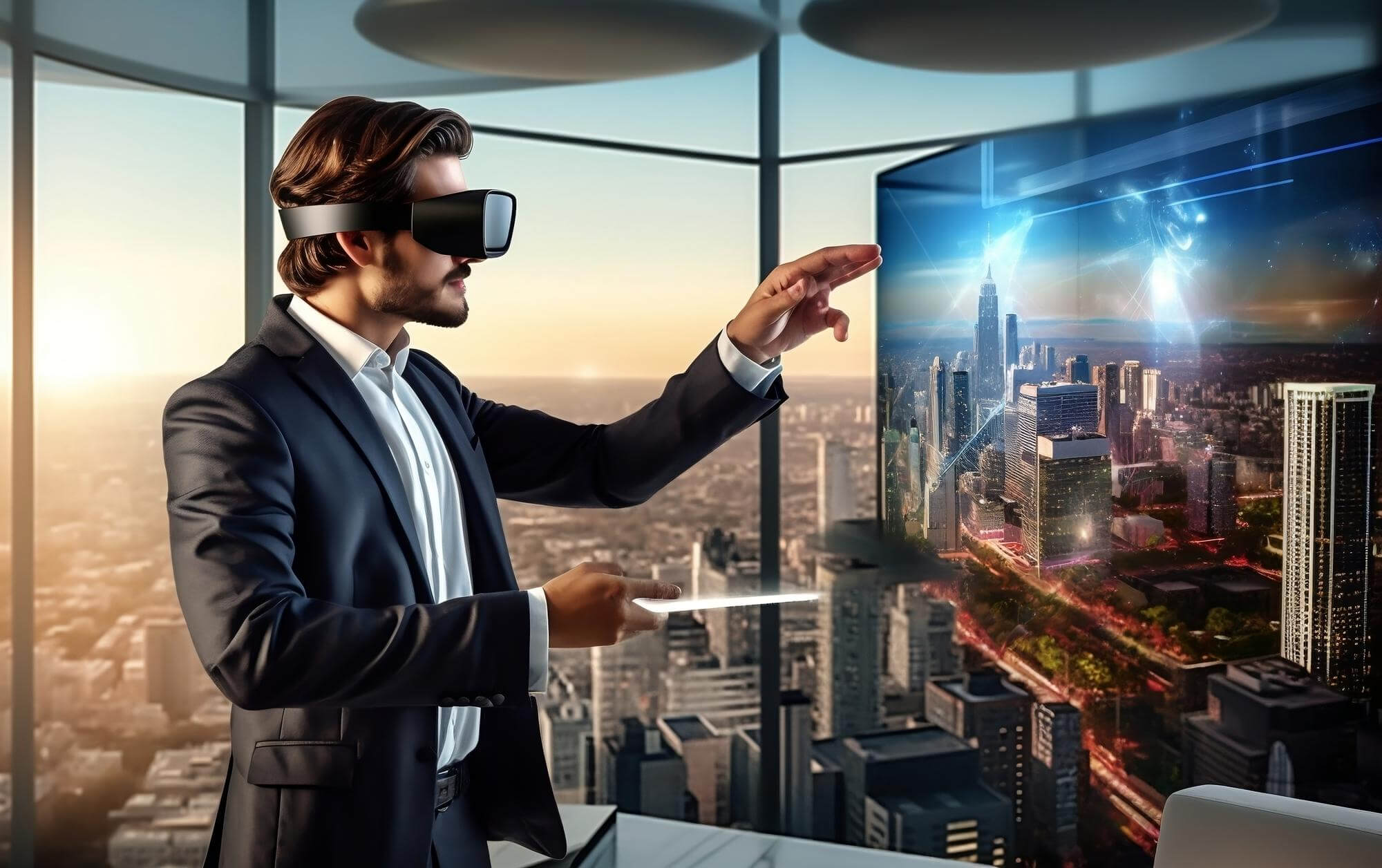
4. Augmented Reality (AR) and Virtual Reality (VR) Will Become Marketing Staples
With AR and VR technologies becoming more affordable, businesses will use them to create immersive customer experiences.
Examples:
Virtual try-ons for clothes, makeup, and furniture.
Augmented product demos or tours.
Virtual events and shopping experiences.
5. Social Commerce Will Explode
Social media is no longer just a branding tool. It’s quickly becoming a direct sales channel through features like Instagram Shopping, Facebook Marketplace, and YouTube’s live shopping.
Key Insights:
Buyers will increasingly prefer to shop without leaving social apps.
Influencers will drive more conversions via affiliate tools and live demos.
In-app checkouts will be the norm.
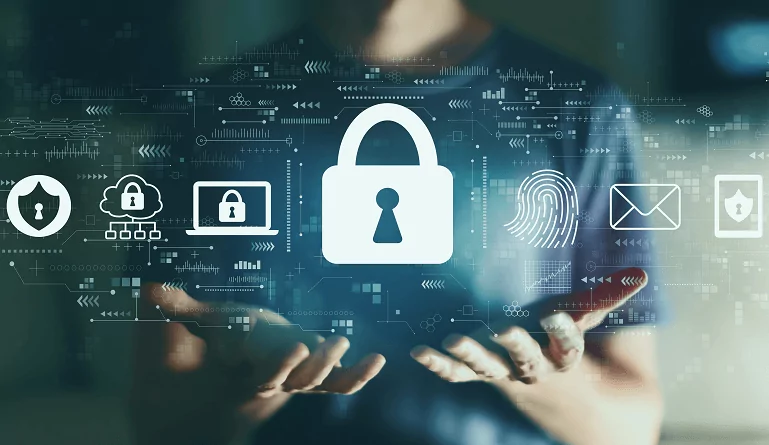
6. Data Privacy Will Reshape Strategies
As users become more concerned about how their data is being used, and governments enforce stricter laws (like GDPR or India’s Digital Personal Data Protection Act), digital marketers must adapt to privacy-first marketing.
Expect to See:
The phasing out of third-party cookies.
Rise of zero-party data (data shared directly by the consumer).
Transparent data policies as a selling point.
7. Blockchain Will Bring Transparency to Ads
While still in its early stages, blockchain in digital marketing will help solve issues like ad fraud, lack of transparency, and middlemen costs.
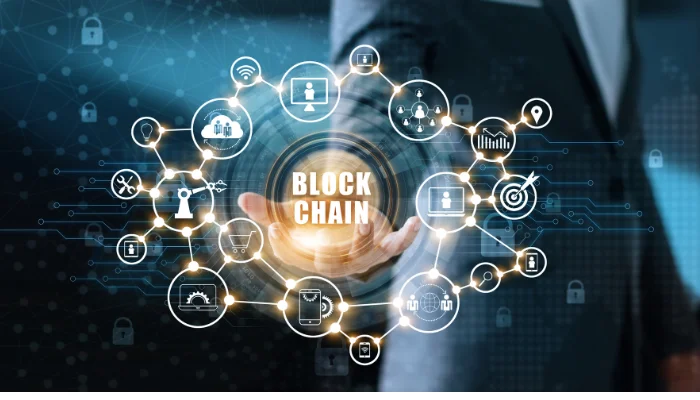
Benefits:
Advertisers can verify if their ads are reaching real people.
Smart contracts can automate influencer payments.
Consumers can control how their data is used — and even get paid for it.

